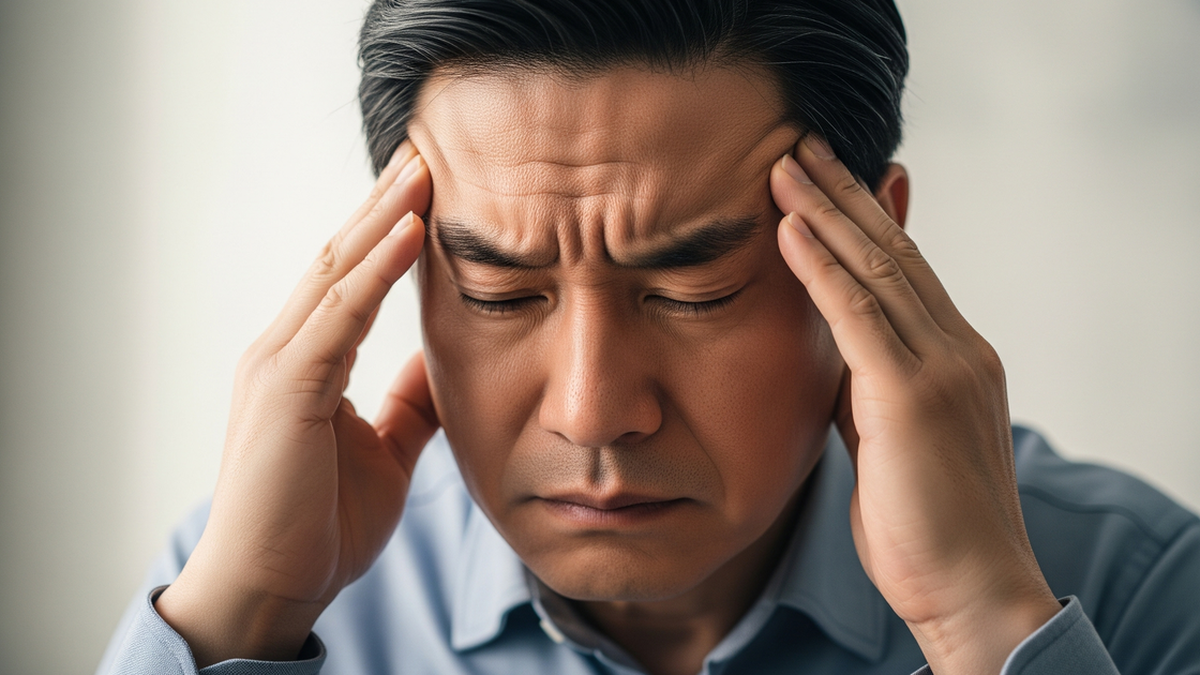On his personal TikTok account with more than 504,000 followers, Dr. Saurabh Sethi shares the negative effects of the habit of sleeping late.
 |
| People who sleep after 1am have a higher risk of depression and anxiety disorders. (Source: Shutterstock) |
| Related News |
 Precious heritage remains Precious heritage remains |
“If you regularly wake up after midnight, it means you're getting less than the recommended seven to nine hours of sleep per night,” he explains.
Although everyone's sleep needs are different, getting enough quality sleep is important for the body to recover and maintain overall health.
The first impact of sleeping late is weight gain. Many studies show that poor sleep disrupts the hormones that regulate hunger and satiety, making you more likely to consume high-calorie foods.
According to the American Journal of Medicine , people who go to bed after midnight are 20% more likely to be obese or have a larger waistline than those who sleep between 8-10pm.
The second effect is increased stress levels. A study by Stanford Medical School (USA) showed that people who sleep after 1 am have a higher risk of depression and anxiety disorders.
The final impact is a decrease in daytime concentration and thinking ability. A study from the University of Arizona (USA) noted that the first hours of sleep - usually occurring before midnight - are important for the brain's recovery process, memory consolidation and improved cognitive function.
In addition, sleeping before midnight also reduces the risk of cardiovascular disease. According to research by the British Heart Foundation, people who start sleeping between 10-11pm have the lowest risk of heart and blood vessel disease.
Another study published in the European Heart Journal also confirmed the link between going to bed early and better heart health.
“To improve your overall health, including hormone balance, digestion, liver function, and mood, try to fall asleep before midnight and maintain a consistent bedtime. Aim for seven to nine hours of sleep each night,” advises Dr. Sethi.
According to sleep expert Thomas Hoegh Reisenhus (Denmark), to sleep better, you should:
- Establish and maintain a consistent sleep routine, even on weekends.
- Avoid sleeping in to catch up on sleep, instead relax gently in the morning.
- Create an ideal sleeping environment such as a dark, quiet and cool room (about 18 degrees Celsius).
- Use blackout curtains, eye masks, or soft sounds if there are disturbing lights or noises.
- Choose bedding and sleepwear made from natural materials such as cotton or linen to avoid getting hot.
If you have tried the above measures but still have trouble sleeping or feel persistently tired, see your doctor or health professional for advice.
Source: https://baoquocte.vn/chuyen-gia-y-te-nguoi-my-canh-bao-nguy-hai-tu-thoi-quen-ngu-muon-314026.html





































































































Comment (0)